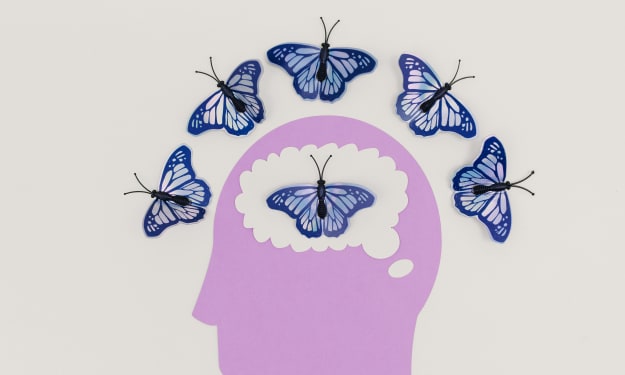Feelings
Feelings Have No Substitute: The Irreplaceable Essence of Human Emotions.

Human emotions are an integral part of our existence, shaping our interactions, decisions, and overall well-being. While advancements in technology have led to impressive developments, it is widely recognized that feelings have no substitute. This essay explores the profound nature of human emotions and why attempts to replicate or substitute them through artificial means fall short. From the complexity of subjective experiences to the crucial role of emotions in human connection, the uniqueness, and depth of feelings remain irreplaceable.
The Complex Nature of Human Emotions:
Human emotions are multidimensional and intricate, encompassing a vast range of feelings such as joy, sadness, anger, fear, and love. They are not merely simplistic responses, but complex states influenced by a variety of factors, including biological, psychological, and sociocultural elements. These factors interact and shape our emotional landscape in ways that cannot be easily replicated.
Biologically, emotions are deeply intertwined with our nervous system, hormonal activity, and brain processes. They involve intricate patterns of neural activity that are difficult to replicate artificially. Additionally, individual experiences and personal histories contribute to the uniqueness of emotional responses, making them highly subjective and personal. Each person's emotional journey is shaped by their upbringing, culture, relationships, and personal experiences, rendering a one-size-fits-all substitute impossible.
The Role of Emotions in Human Connection:
Human emotions are not isolated experiences; they form the basis of our connections and interactions with others. They allow us to empathize, understand, and relate to one another on a deep level. The exchange of emotions is an essential aspect of human communication and fosters bonds that cannot be replicated through substitutes.
Consider a simple act of sharing joy with a loved one. The genuine smile, laughter, and shared happiness create an intimate connection that transcends words or gestures alone. These moments of emotional connection build trust, strengthen relationships, and cultivate a sense of belonging that no substitute can fully emulate.
Furthermore, emotions serve as a compass guiding our social interactions. They allow us to perceive and respond to the emotional states of others, enabling empathy and compassion. A substitute for human emotions would lack the intuitive understanding and sensitivity required for genuine human connection.
Emotions and Decision-Making:
Our emotions play a crucial role in decision-making processes. They provide valuable insights, informing our choices based on personal values, desires, and intuitive judgments. Emotions act as a bridge between our rationality and our deepest desires, guiding us towards what we truly care about.
For instance, when faced with a career decision, feelings of fulfillment and passion often drive us towards pursuing our dreams rather than solely relying on logical calculations of financial gain. Emotions allow us to align our decisions with our innermost aspirations, giving life a sense of purpose and meaning.
Moreover, emotional responses provide us with cues about our well-being and safety. Fear, for example, alerts us to potential dangers, prompting us to take necessary precautions. No substitute can replicate the intricate balance of emotions, intuition, and cognition that contribute to our decision-making processes.
The Limitations of Artificial Replication:
While technology continues to advance and attempts are made to create artificial emotional experiences, there are inherent limitations to substituting genuine human emotions. Emotions are not reducible to mere physiological or cognitive processes. Their depth, complexity, and subjective nature cannot be fully replicated by algorithms or machines.
Conclusion:
Feelings have no substitute, as they form an integral part of our humanity. Human emotions are complex, subjective, and deeply intertwined with our social interactions, decision-making processes, and overall well-being. While technology may provide certain tools or simulations that evoke emotional responses, it cannot fully capture the intricacies and profound essence of human emotions. As we navigate the future with technological advancements, it is essential to recognize and embrace the irreplaceable nature of human emotions, preserving their significance in our lives and interactions.
About the Creator
Niq Bean
Writing and photography are my hobbies and Vocal is the platform where I want to display both.
Enjoyed the story? Support the Creator.
Subscribe for free to receive all their stories in your feed. You could also pledge your support or give them a one-off tip, letting them know you appreciate their work.






Comments
There are no comments for this story
Be the first to respond and start the conversation.